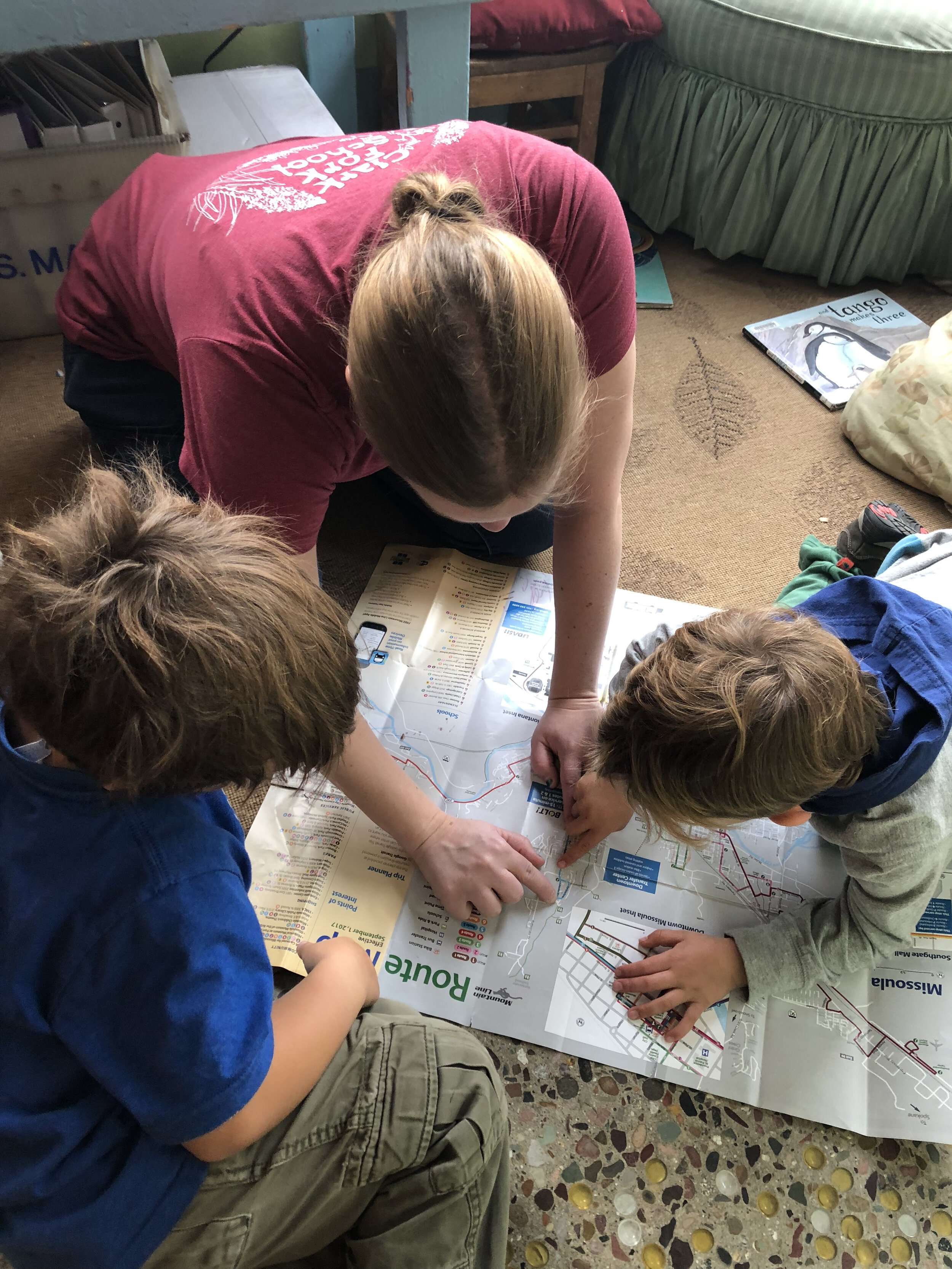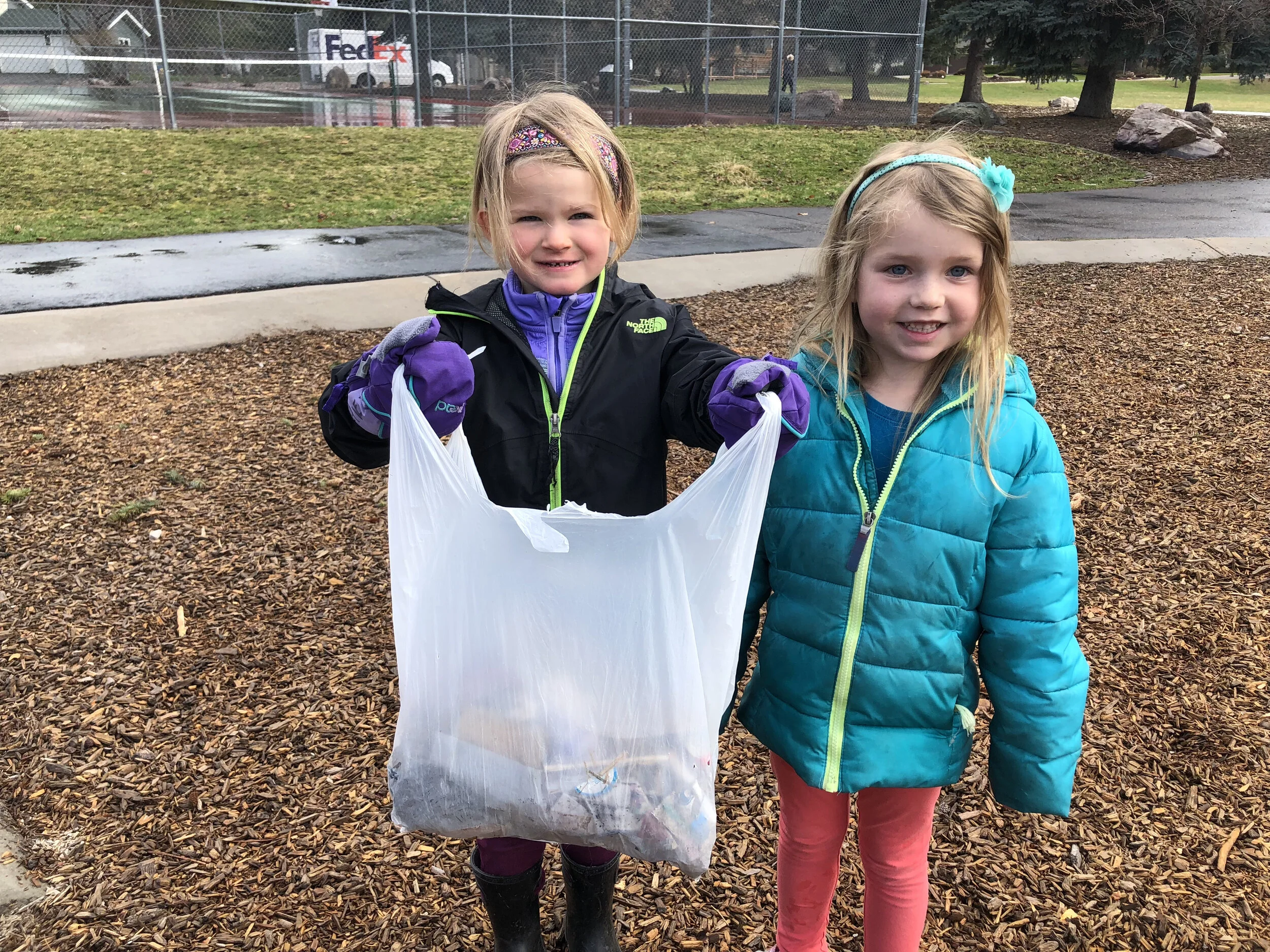Our kids thrive outside!
DEFINITION
Place-based education is the practice of using the local community and natural environment to optimize a student’s learning experience and engagement. It utilizes hands-on experiences that are largely student-centered and self-directed. It also strives to develop community members who believe their actions can and do make a difference.
WAYS OF TEACHING
Utilize our home to inform our life experiences and our ways of looking at the world.
Explore relationships with both the human environment and the natural world.
Develop a heightened awareness of detail.
Explore with purpose and intention.
Promote an investigative approach to life.
Expand the classroom to include the school yard, community and watershed.
Learn to approach the world with curiosity and compassion.
Enhance appreciation for the natural world.
Encourage a commitment for serving as contributing citizens.
Help students feel that they are a part of the natural world, not apart from it.
EXAMPLES
Clark Fork School’s teachers take time to work with each student to develop the skill of careful observation. They explore, document, and discuss detailed changes in their classroom projects, the school yard, and the Rattlesnake Creek ecosystem. These ways of observing and understanding, however, do not simply apply to their development as scientists. The same skills help them to quickly identify and understand each other’s emotions and develop the discerning eye of an artist or photographer.
As children progress through Clark Fork School, they are offered increasingly greater and more detailed exposure to the world around them. The preschool starts by introducing exploration skills primarily in the neighborhood around our school and nearby parks and trails, and the Explorers move up and into the hills of Missoula.
At Clark Fork School, children work to make purposeful products. For example, after a fall of exploring apples, bear safety and community service, our preschool students picked apples and made apple sauce. This apple sauce was sold as a fundraiser for the Missoula Food Bank. After thoroughly investigating, researching, and exploring the role of pollinators in our ecosystem, the kindergarten Explorers created a pollinator garden in our Garden Learning Center.
Further resources on place-based education:
Sobel, David. Place-Based Education: Connecting Communities with Classroom








